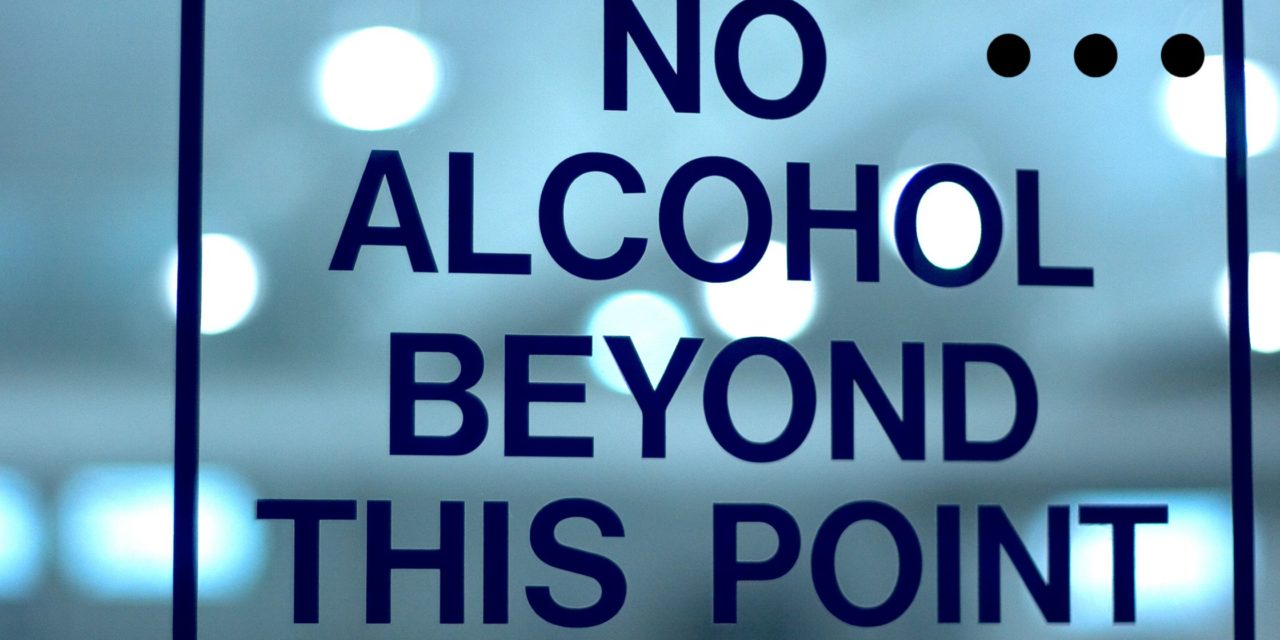As the year closes, people start to think about their New Year’s resolutions. Often, they are related to health and wellness topics like nutrition, exercise, and alcohol use. Over the past decade, not drinking during January has become an increasingly popular New Year’s resolution aimed at developing a better relationship with alcohol. That’s essentially how Dry January started.
This article will explore Dry January, who it’s aimed at, when it starts, and why people should follow it.
Who Participates in Dry January?
Anyone can participate in Dry January. People who want to try a month without alcohol, people who want to reduce their drinking and improve their health, those trying to lose weight, and those looking to improve their relationships or sleep – there are many reasons for wanting an alcohol-free January.
It’s a great time of year for everyone to reflect on how they can make small changes that will lead to big improvements in other areas of life too.
What is Dry January?
Dry January is a challenge started in 2013 by the British nonprofit organization Alcohol Change UK. It challenges participants to stay sober throughout January to start the year by enforcing good drinking habits.
In its first edition, 4,000 people registered to be part of it. Ten years later, Dry January has become a widespread lifestyle movement, with estimates showing that 19% of adults are participating in it, primarily millennials.
One main reason people choose to participate in Dry January is to challenge themselves. By removing alcohol from your life, you can see it in a new light and gain a greater appreciation for it. You’ll also be able to tell what difference it makes to have one less drink at the end of each day. This might encourage you to reduce how much alcohol you drink or even stop altogether.
Another reason for taking part in Dry January is to give your liver (and other organs) some time off from processing all that booze! Your body works hard enough without dealing with all those toxins from drinking too much alcohol, so why not let it rest up for a few weeks?
Why Should You Try Dry January?
While the benefits of giving up alcohol for a month are primarily psychological, there are also some physical ones. There are many reasons to give Dry January a try, including:
- Reconsidering your relationship with alcohol: Dry January is an opportunity to reconsider drinking habits and reconsider whether to keep consuming your usual amount of alcohol moving forward into the new year. A survey showed that 81% of those who fully abstained from alcohol during Dry January felt more in control of their drinking. Even 67% of those who partially abstained still felt more in control.
- You might improve your sleeping habits: Alcohol abuse and dependence are associated with sleep disturbances that may last for weeks or months into sobriety. Whether you are dependent on alcohol or not, staying dry during January may help normalize brain functions, improving sleep quality and consistency.
- You might promote healthier skin: Alcohol is a diuretic, making you pee a lot. Peeing a lot leads to dehydration, and dehydration deteriorates your skin. Dehydration causes loss of elasticity, dryness, dullness, and enlarged pores. Staying dry for a month will minimize the effects excess alcohol has on your skin and start reverting them.
- You might save some money: Alcohol can be expensive, and a lot of people tend to drink more than they should or have expected when they buy it in quantity, so if you’re going dry for January, you might be able to save yourself some cash by passing on pricey bar taps.
- You might feel better about yourself: From being able to stick to something new and not overindulge, to getting healthier through diet changes, such as cutting out sugary drinks and adopting healthier practices like exercise and mindfulness.
When Does It Start?
Dry January starts on January 1 and ends on January 31. But it doesn’t mean you can’t consider staying sober for longer!
Are You Joining Dry January?
Dry January can also help you see alcohol in a new light. You might be surprised to learn how much you’re drinking, how much it costs, and what it does to your body and mind. If friends or family members say something rude about Dry January, remind yourself that their opinions don’t matter as much as yours—they don’t get to decide what’s best for you!
If you decide to join the Dry January challenge, we also want you to know it’s okay if you fail. While many people set themselves up for failure by creating rigid goals for themselves and refusing to accept anything less than perfection, this isn’t something we recommend doing here.
If your goal is simply to drink less alcohol during January and you see how much better it makes life feel without booze in it, then mission accomplished.

